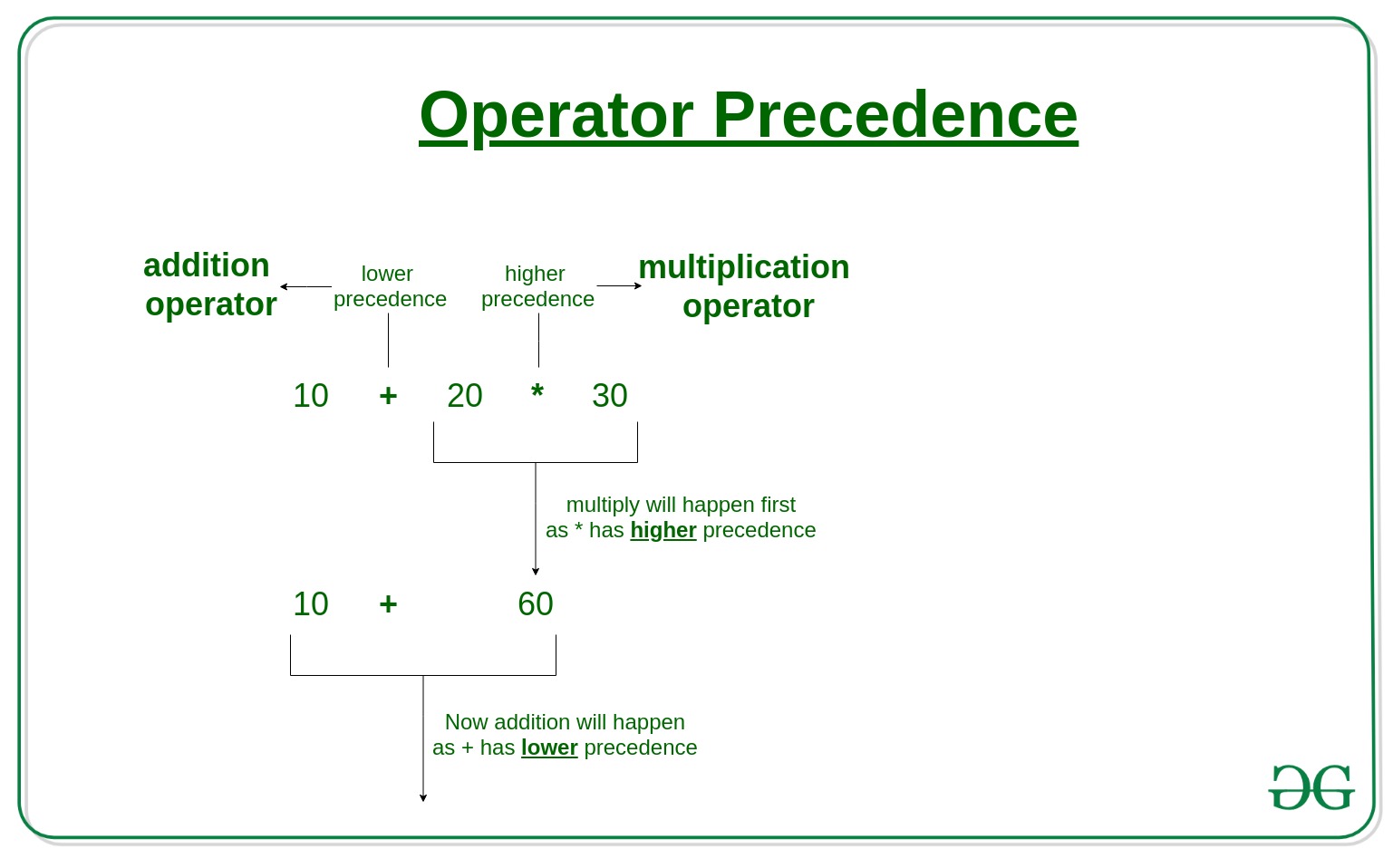
Today when practised Ruby, I encountered an issue about precedence.
Let’s start with simple exercise, the old fashion if statement is as below
if a > b
1
else
2
end And we can also shorten to a > b ? 1 : 2. Easy right? Please look at the next example.
class Dictionary
def initialize
@entries = {}
end
def entries
@entries
end
def add(entry)
if entry.is_a? Hash
@entries.merge!(entry)
else
@entries[entry] = nil
end
end
def include?(key)
@entries.key?(key)
end
endIf we do
d = Dictionary.new
d.include?'nothing' ? d.entries['nothing'] : nilI was expecting the result is nil. But it returns false and throws warning string literal in condition. What is it??
In Ruby, if on a non-boolean input will check existence, the check for existence with ?? considered true; you receive a warning (warning: string literal in condition)
> "1" ? 1 : 2
(irb): warning: string literal in condition
=> 1So, d.include? is executed without ‘nothing’. Then the codes become:
'nothing' ? d.entries['nothing'] : nil
Add a bracket for ‘nothing’,
d = Dictionary.new
d.include?('nothing') ? d.entries['nothing'] : nil
=> nil Yay! So, please do remember add the bracket if using ? : expression.